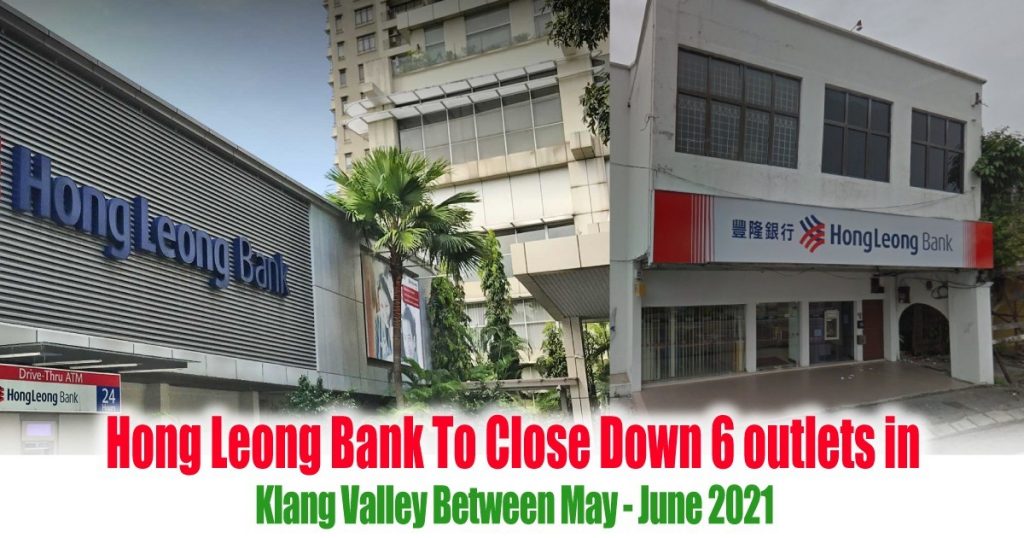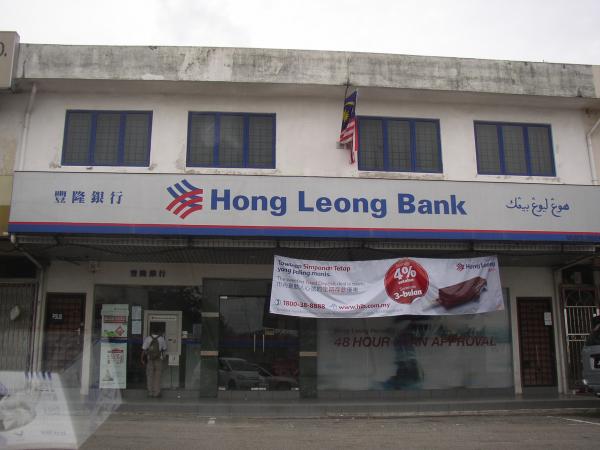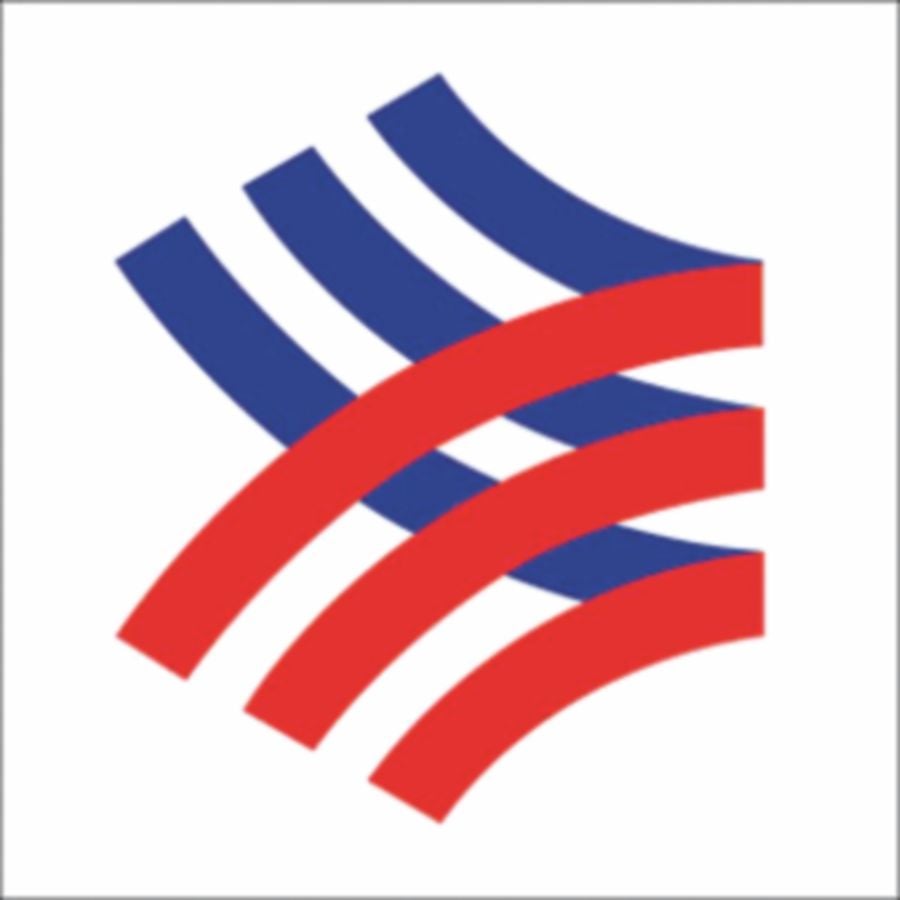

Compounding my frustration, it seems – at least based on media reports – that it is not at all hard for banks to make these rules ‘flexible’ for senior members of the government, but a less influential loyal customer of the bank doesn’t stand a chance. I don’t feel that my case really fit or even came close to those types of transactions, but clearly Hong Leong management disagreed. Of course, I realise that in this age of international terrorism involving frequent transfers of illicit funds, the banking system needed to tighten some regulations, not to mention understanding their bid to thwart the efforts of various other criminal elements. Frankly, I never bother about the payment advice that’s sent, being understandably more concerned about the credit to my bank account than the paperwork, so they mail me the advice each month. In fact, Bank Negara wants banks to get supporting documents for all cross-border transactions over RM10,000. This company has never been involved before, so the bank said they wanted to see documentation supporting the payments. This month, for reasons which still confuse me (and clearly Hong Leong, as well), my pension was apparently remitted by an intermediary company called Valmet, Inc. My trouble began when my former company, American Express, who pays my pension, advised they would be changing the paying company – they outsource payment of pensions for what is surely a large number of former employees. Here’s the story, so you can be the judge. Of course, the fines can be substantial when they run afoul of the law, but surely there has to be some latitude for common sense. Nowadays, banks seem to spend a lot of their time panicking that they will contravene some international banking regulatory minutiae. In a matter regarding a remittance of my pension payment, I think they are being very unreasonable, but they insist they are acting properly.Īs an aside here, of course, I grew up in a time when banks cared about their customers and a quiet word with your local branch manager would normally sort out problems, particularly if you were a long-time customer. I have had an incredibly frustrating week with my local bank, Hong Leong. After that, you’ll never visit the bank without a passport again.)Īdapting and adjusting to banking rules and processes in any foreign country can be a trying experience, but sometimes, it gets taken to an entirely new level. And how many expats have shown up at their local bank branch to do the tiniest bit of business, only to be told that without having your original passport in hand, nothing can be done? (For most expats, that only happens once. Some ‘t’ not crossed or ‘i’ not dotted? You’ll be told to get your cheque in order and come back another time. Date wrong? Short form of your name (“Mike” instead of “Michael,” for example). If you are the payee and the cheque has only your first and last name, but no middle name as bank records show, sorry, the cheque will not be accepted. If you’re a long-term expat in Malaysia, someone whose time here predates the ubiquitous use of electronic banking and e-wallets, you’ll know how absolutely precise a cheque must be.
JAGJIT KUAR HONG LEONG BANK SERIES
Open to working with more Series A startups with traction and scalabilityĪPPLICATIONS for Hong Leong Bank's (HLB) startup programme are ending on Aug 17.Incorporated solutions from last year’s startups Kakitangan, Biztory, Capital Bay.Most banking rules are in place for a good reason, but as many expats have learned, Malaysian banks sometimes take things to a ridiculously inflexible extreme. For fintechs wanting a break in the financial services industry, the HLB Launchpad 2018: ACTIVATE provides startups with mentoring and funding opportunities. Group managing director and CEO of HLB, Domenic Fuda says, "By cultivating the best minds and collaborating with like-minded partners, we are able to transform our organisation faster - from the way we work, the way we empower our communities and business partners and most importantly, the way we serve and engage with our customers."Īt the end of the programme, three winners will be selected - one grand prize of RM50,000 (US$12,267) and two runner ups with RM25,000 each (US$6,134).


"The winners will be selected based on team strength, product viability, synergy with HLB, and the degree of innovation and commercial traction," says Fuda.Īdditionally, the participating startups also stand a chance of receiving up to RM2.5 million (US$613,350) in equity funding from the early-stage startup fund, Cradle. "In 2017, we had 60 applications of which 18 were invited to pitch and five were eventually picked for the programme.” This is the second year HLB is rolling out the programme following the positive response and impact from the 2017 HLB Launchpad.


 0 kommentar(er)
0 kommentar(er)
